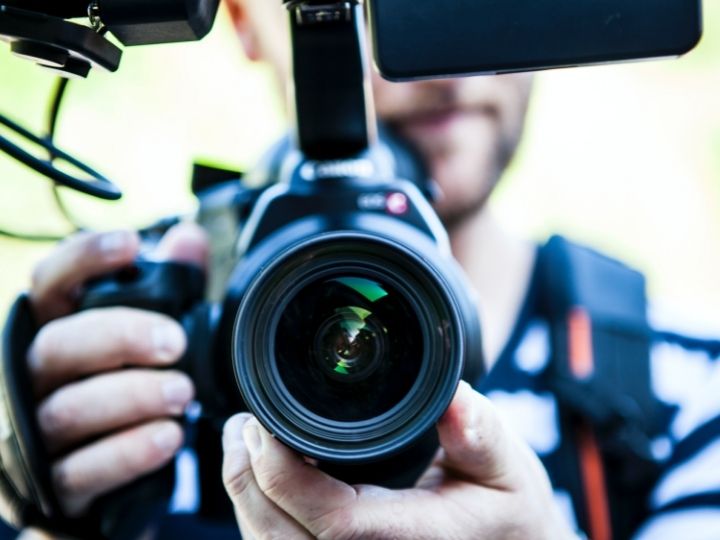
The University of Houston Law Center and Georgetown University Law Center, in collaboration with Free Press’ Media 2070 project, will explore historic and contemporary racial discrimination in all modalities of modern media. The virtual colloquium will run from February 25 to February 26 and both days will begin at 9:30 a.m. Central Standard Time.
The Media 2070 project, launched by the media and tech advocacy organization Free Press, is calling for media to repair the harm caused to the Black community by media institutions and government policies. As part of this effort, Media 2070, and more than 100 allied organizations and leaders, joined 25 members of Congress last year in calling for the FCC to conduct an equity audit of its historical and present-day policies and their impact on the media landscape.
Inspired by the Media 2070 project, UH Law and Georgetown Law, along with Free Press, decided to convene this virtual colloquium on race and racism in American media.
UH Law Center Dean Leonard M. Baynes said, “I am delighted that UH Law is collaborating in holding this important conference along with Georgetown Law and Free Press. The goal of the conference is to examine issues of underrepresentation of people of color in the media in ownership and employment historically leading to suboptimal programming, representations, and coverage. By bringing together such impressive and knowledgeable scholars, government officials, policy makers, activists, and business owners, we hope to chart a path forward to remedy this lack of representation and its negative consequences.”
"It is incumbent upon us as leaders to help and guide the community to address our own unconscious biases that impact how we learn and interact with each other," said William M. Treanor, Executive Vice President and Dean of Georgetown University Law Center. “I, along with my colleagues, are looking forward to participating in this virtual conference and tackling issues of racial injustice and the causes at the root of racial inequities within our society.”
“We are so grateful to the University of Houston Law Center and Georgetown Law for their partnership in convening this critical discussion. The conference is an important opportunity to address how government policies exclude the Black community — and other communities of color — from controlling our nation’s communications infrastructure. This exclusion has resulted in the creation and distribution of anti-Black narratives that continue to undermine our country from fully realizing a racial justice society and democracy,” said Joseph Torres, Senior Director of Strategy and Engagement Free Press/Media 2070.
Panelists will cover topics including the history of racism in American media; assessment of historic efforts by (and failures of) the FCC, Congress, state regulators, and others to address racism; the role of the First Amendment’s Speech Clause and the Fourteenth Amendment’s Equal Protection Clause as legal frameworks; legal and policy approaches to address racial injustices, including corporate activism; and how reparations may fit into a remedial approach.
Speakers include:
- Leonard M. Baynes, dean and professor of law, University of Houston Law Center
- William M. Treanor, executive vice president and dean of Georgetown University Law Center; Paul Regis Dean Leadership Chair; professor of law
- Honorable Shelia Jackson Lee, U.S. Member of Congress for 18th District of Texas
- Howard Shelanski, professor of law, Georgetown University Law Center
- Paul Starr, professor of sociology and public affairs, and Stuart Professor of Communications and Public Affairs, Princeton University
- Cathy Hughes, founder and chairperson of Urban One
- Joseph Torres, senior director of strategy and engagement, Free Press/Media 2070
- Robin A. Lenhardt, professor of law, Georgetown University Law Center
- Anthony E. Varona, dean emeritus and M. Minnette Massey Professor of Law, University of Miami School of Law
- Anupam Chander, Scott K. Ginsburg Professor of Law and Technology, Georgetown University Law Center
- Mignon Clyburn, former commissioner, Federal Communications Commission
- Catherine J. Sandoval, associate professor of law, Santa Clara University School of Law
- Safiya U. Noble, associate professor of gender studies and African-American studies, University of California, Los Angeles, co-founder and co-director of the UCLA Center for Critical Internet Inquiry (C2i2)
- Malkia Devich Cyril, founding and former executive director of MediaJustice